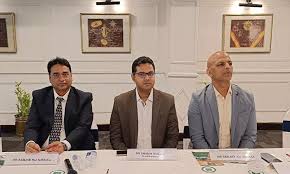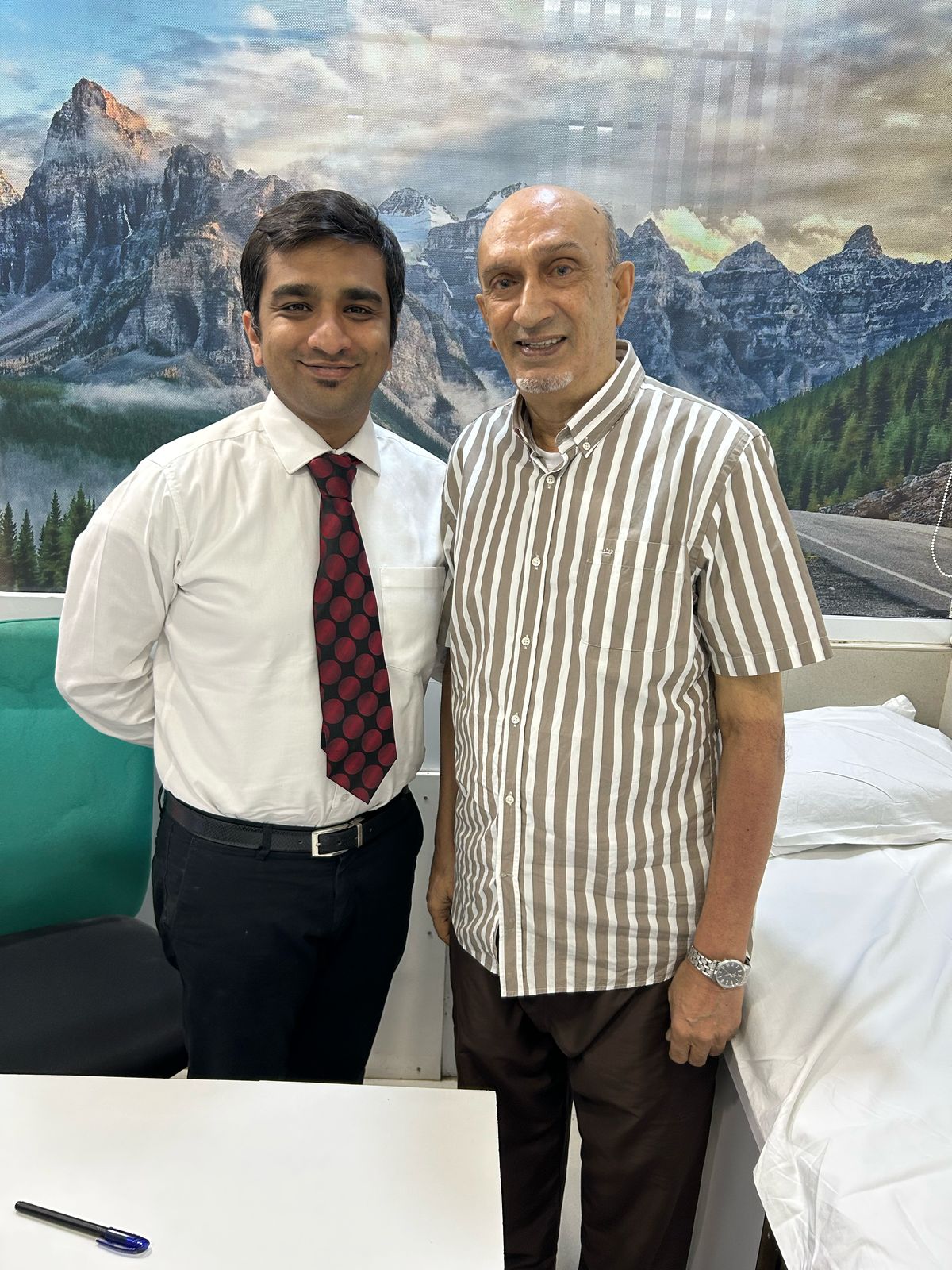Odisha Paving its Way to Best Cancer Care with Technological Adoption, Government Support
The Partnership to Fight Chronic Disease (PFCD) convened a pivotal discussion with distinguished medical experts to address the escalating cancer burden in Odisha. Esteemed oncologists Dr Sanjib Kumar Mishra, Director, Radiation Oncology, Utkal Hospital; Prof

The Partnership to Fight Chronic Disease (PFCD) convened a pivotal discussion with distinguished medical experts to address the escalating cancer burden in Odisha. Esteemed oncologists Dr Sanjib Kumar Mishra, Director, Radiation Oncology, Utkal Hospital; Prof Chira R Khadanga, Senior Consultant & Head, Radiation Oncology, SUM Ultimate Medicare, Bhubaneshwar; and Dr Sanjay Kumar Mishra, Director, Radiation Oncology, Utkal Hospital gathered to highlight the government initiatives to improve the cancer care in the region.
With the state’s Ministry of Health and Family Welfare reporting a concerning rise in cancer cases in Odisha, recent data reveals a 22.5% increase in cancer incidence and a 22.6% rise in mortality over the past decade. Odisha stands among the top 12 states contributing to the nation’s cancer incidence.
Dr Sanjib Kumar Mishra said “Odisha faces a significant challenge in cancer care. While national data shows a concerning rise, Odisha experiences a higher burden, particularly with breast and cervical cancers. Early detection and access to advanced therapies are crucial for improving patient outcomes. However, bridging the gap between available resources and patient needs remains a hurdle.
By raising awareness about the disease, its symptoms and the benefits of advanced treatments, we can empower patients for early detection.
Mobilisation of available resources can be made more efficient by decentralizing the cancer care infrastructure. This can be achieved by establishing well-equipped diagnostic centers and treatment facilities in district hospitals and peripheral areas. A decentralized approach would empower local communities, bringing care closer to patients and reducing the burden on overstretched centralized facilities. By making cancer care more accessible and efficient, we can significantly improve patient outcomes and save lives.”
Prof Chira R Khadanga, drawing upon his extensive experience in oncology, emphasized the importance of technological advancements and building a robust cancer care infrastructure to bring down cancer care incidences. He highlighted, “Technological advancements in cancer treatment, particularly in precision radiotherapy like proton therapy, hold immense promise. These innovations allow for the highly targeted eradication of tumours with minimal impact on surrounding healthy tissues. However, to truly turn the tide against cancer, we need a robust healthcare infrastructure. By ensuring widespread access to advanced radiotherapy alongside well-equipped cancer care facilities, supported by high-quality machines and skilled manpower, we can significantly reduce cancer incidence and improve patient well-being.”
Dr Sanjay Kumar Mishra, shared insights into the government initiatives. He said “The government’s focus on improving cancer care infrastructure and high-quality healthcare is commendable. With the right investments and collaborative efforts, Odisha will soon become a hub for cancer care not just in India, but across the globe.”
Despite government initiatives and technological advancements in the realm of cancer care, collaborative action is imperative to address the increasing disease burden. The PFCD urges stakeholders to come together and prioritize initiatives to enhance cancer diagnosis and treatment, ensuring equitable access to quality care for all in Odisha.






